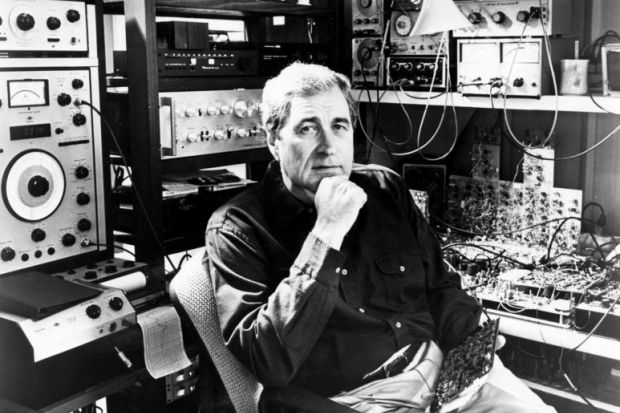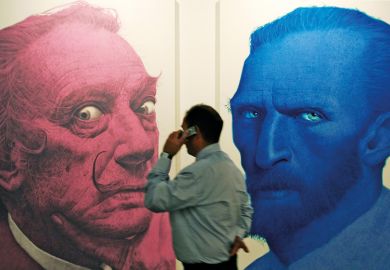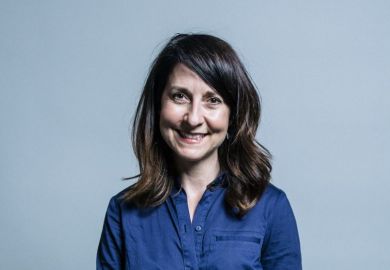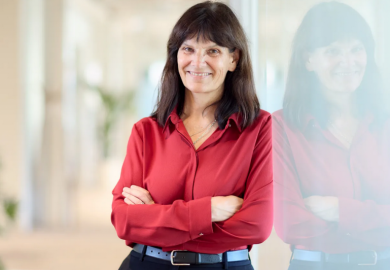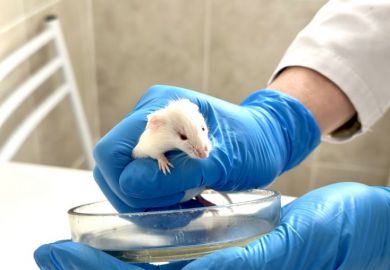The University of Cambridge has received an £85 million donation from the estate of US engineer and inventor Ray Dolby.
The gift, which will be used for the redevelopment of the Cavendish Laboratory, the institution’s department of physics where Dr Dolby received his PhD in 1961, represents the largest philanthropic donation to UK science, and the second-largest gift in Cambridge’s history.
The government also confirmed on 6 December that it would invest £75 million in the new Cavendish Laboratory, following an announcement in the 2015 Spending Review.
Ray Dolby, who died in 2013 at the age of 80, was the founder of Dolby Laboratories and inventor of the noise reduction system known as Dolby NR, the Dolby Surround sound system and successor audio signal processing technologies, which revolutionised the audio quality of music, films and television worldwide.
In recognition of the gift, the flagship building of the Cavendish Laboratory will be named the Ray Dolby Centre. It is expected to open in 2022.
A new Ray Dolby Research Group, led by a new endowed Ray Dolby Professorship, will also be established to significantly expand research capability and expertise.
The university said that the Dolby family gift means that the institution has now surpassed the £1 billion milestone in its current £2 billion fundraising campaign.
It is the second gift to Cambridge from the Dolby estate, which donated £35 million to Pembroke College in 2015. The family is now the largest donor to the fundraising campaign.
Stephen Toope, Cambridge’s vice-chancellor, said: “This unparalleled gift is a fitting tribute to Ray Dolby’s legacy, who changed the way the world listened – his research paved the way for an entire industry.
“A century from now, we can only speculate on which discoveries will alter the way we live our lives, and which new industries will have been born in the Cavendish Laboratory, in large part thanks to this extraordinarily generous gift.”
Dr Dolby’s son David said that his father’s time at the Cavendish “provided him with an environment where he got a world-class education in physics, and many of his successful ideas about noise reduction were stimulated by his Cambridge experience”.
“Our family is pleased to be able to support the future scientists and innovators who will benefit from the thoughtfully designed Ray Dolby Centre,” he said.
Register to continue
Why register?
- Registration is free and only takes a moment
- Once registered, you can read 3 articles a month
- Sign up for our newsletter
Subscribe
Or subscribe for unlimited access to:
- Unlimited access to news, views, insights & reviews
- Digital editions
- Digital access to THE’s university and college rankings analysis
Already registered or a current subscriber?
